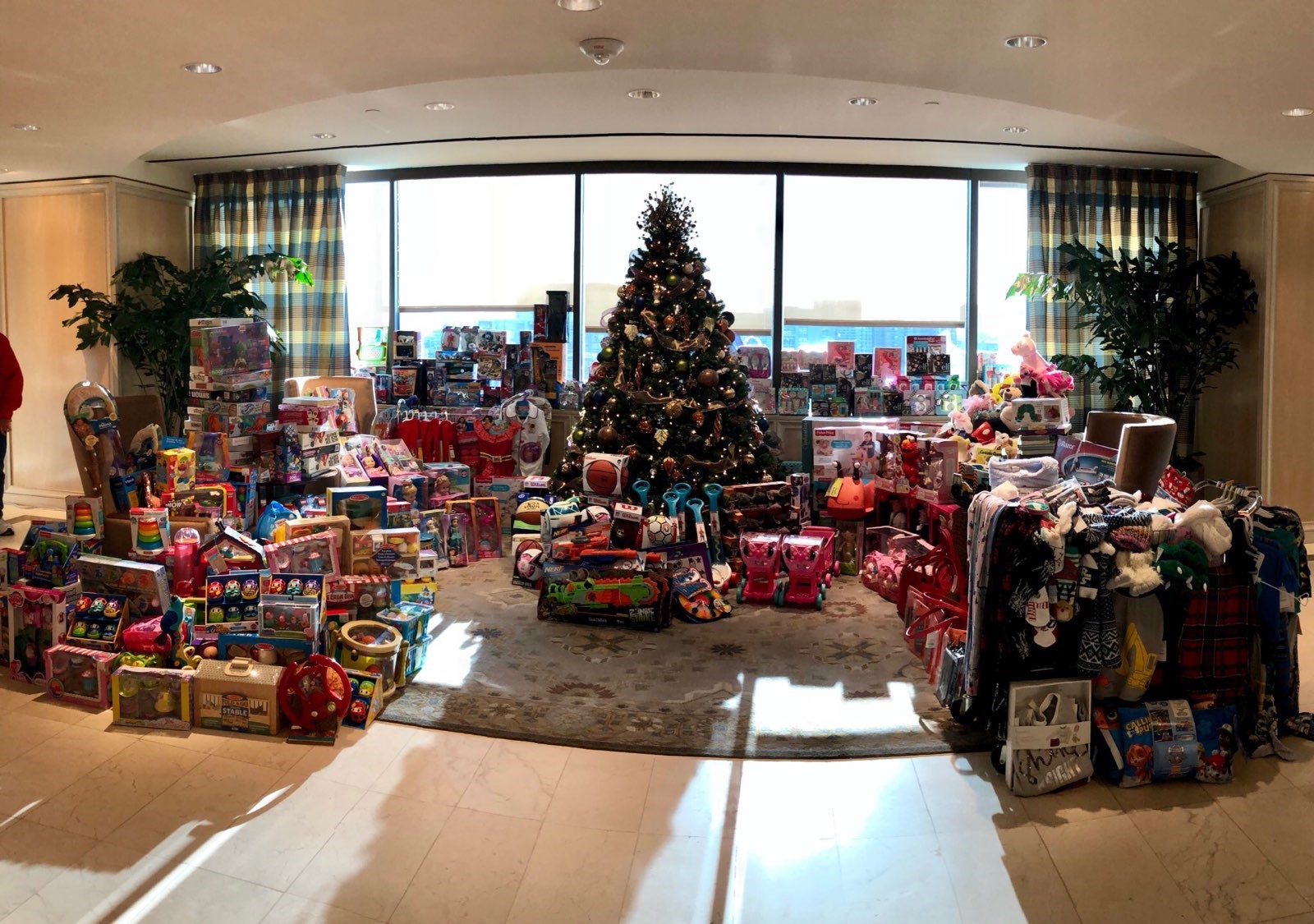A garden grows without sunlight in the shadow of the Texas Star at Fair Park.
The nonprofit Restorative Farms calls it Grozilla, a hydroponic greenhouse made from two shipping containers.
'It's a shallow water culture," Restorative Farms Head Grower Angel Giron said, explaining how the rows of leafy greens grow without soil. "This is 5-star lettuce, so this is a mix of 5 different lettuce types."
Restorative Farms started with an urban farm in South Dallas to grow healthy vegetables for the community and plant seeds for agriculture career opportunities.
Get top local stories in DFW delivered to you every morning. Sign up for NBC DFW's News Headlines newsletter.
"You think about traditional farming, big farming; it's a tractor in the middle of Kansas," Dr. Doric Earle said. "We're not trying to do that."
Earle is an SMU Professor of Practice and one of the four founders of Restorative Farms. His focus is on creating agricultural entrepreneurs in underserved communities.
"We need to train people to be entrepreneurs because no big business is going to come to that community and hire them," Earle said. "So people have to build their own way."
Local
The latest news from around North Texas.
"We're in what's known as a food desert, but it's also a resource desert," Restorative Farms Director of Partnerships Brad Boa said. "There's a lot of talent here, but they lack the resources to take it to another level. We hope to be able to provide that."
The goal is to create something that can be duplicated in urban areas where fresh, healthy food is hard to get, and opportunities are limited.
''Many of us just think of food, a tomato or head of lettuce, as something we get off the shelf at Sprouts or Kroeger," Boa said. "But once they start seeing, I guess you'd call it the magic of taking a small seed into a seedling, into a plant, into something a family eats; it's magical!"
At Grozillia, Restorative Farms is thinking inside the box to grow fast, fresh produce in the middle of a food desert.
"So essentially just utilizing the most space that we can to grow as much food as we can," Giron said. "And get really hands-on, and really just develop that intuitive knowledge to know what these plants need, when they need it, when to check, and just kind of develop those skills."
This year, Restorative Farms has a goal of adding a 5,700-square-foot greenhouse.
"Our objective there is to create kind of a farm in a box," Boa said. "It's supposed to be a catalyst for change in this community."



